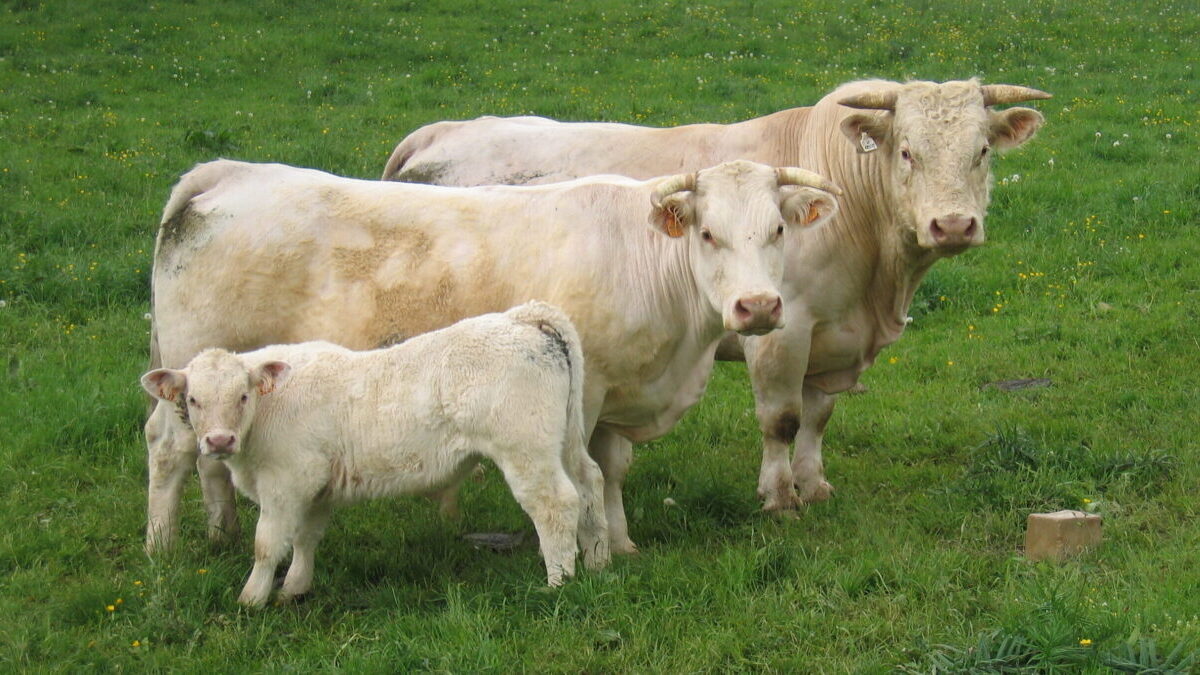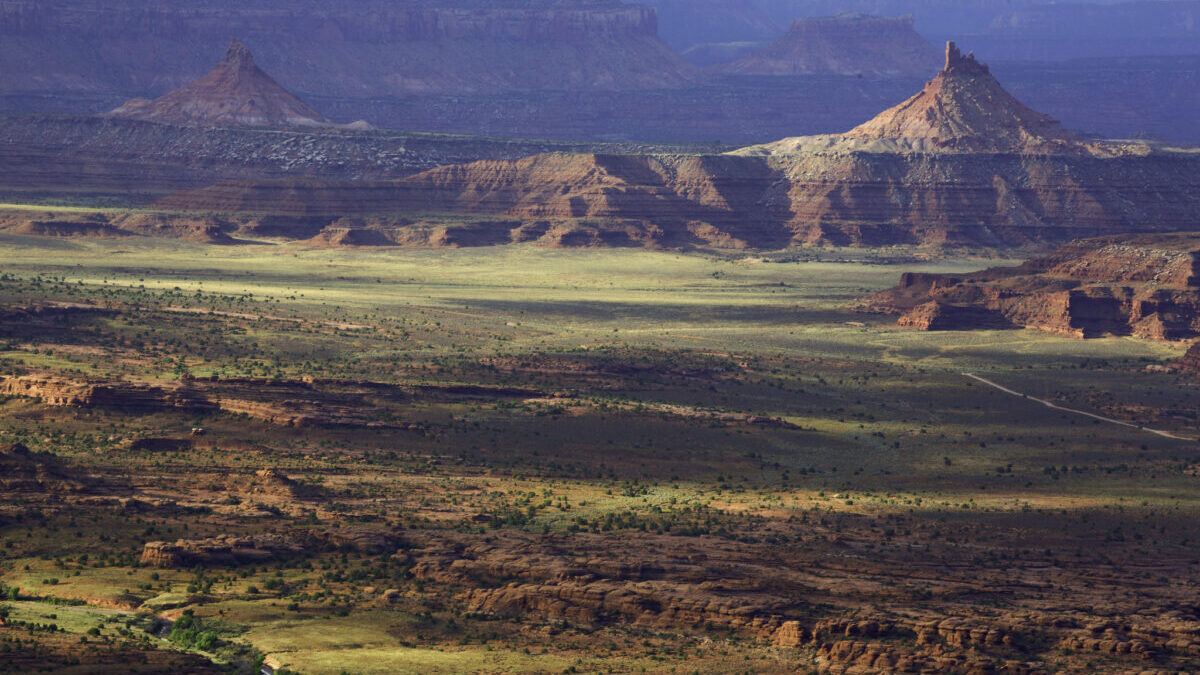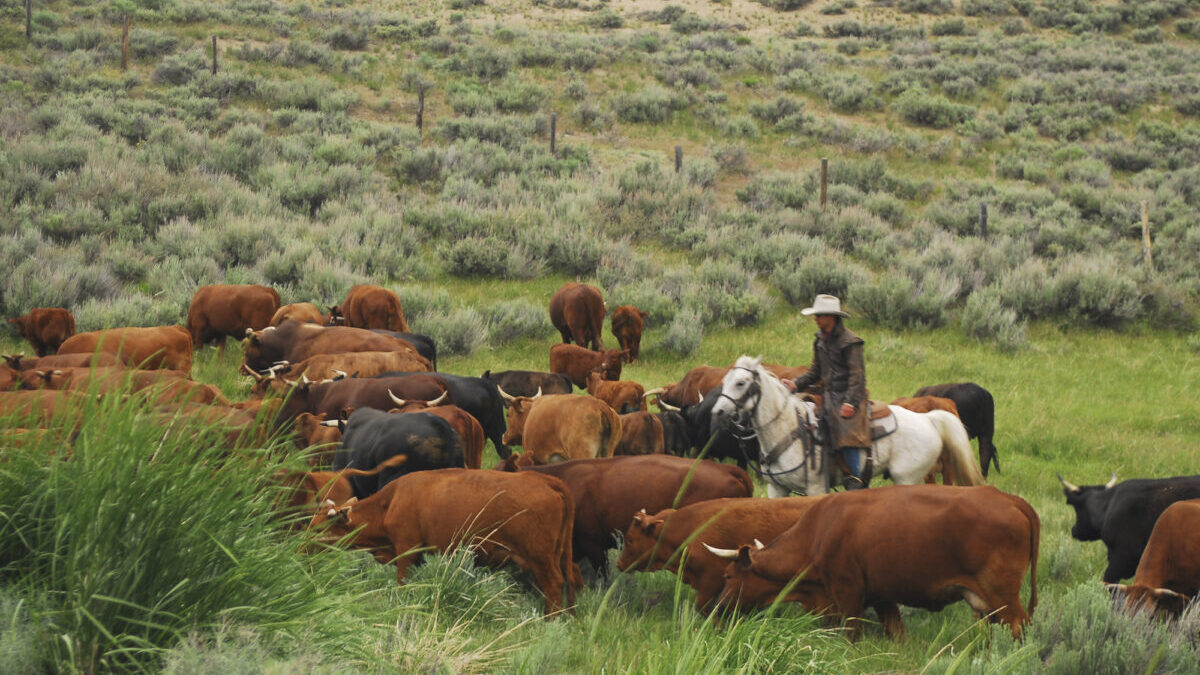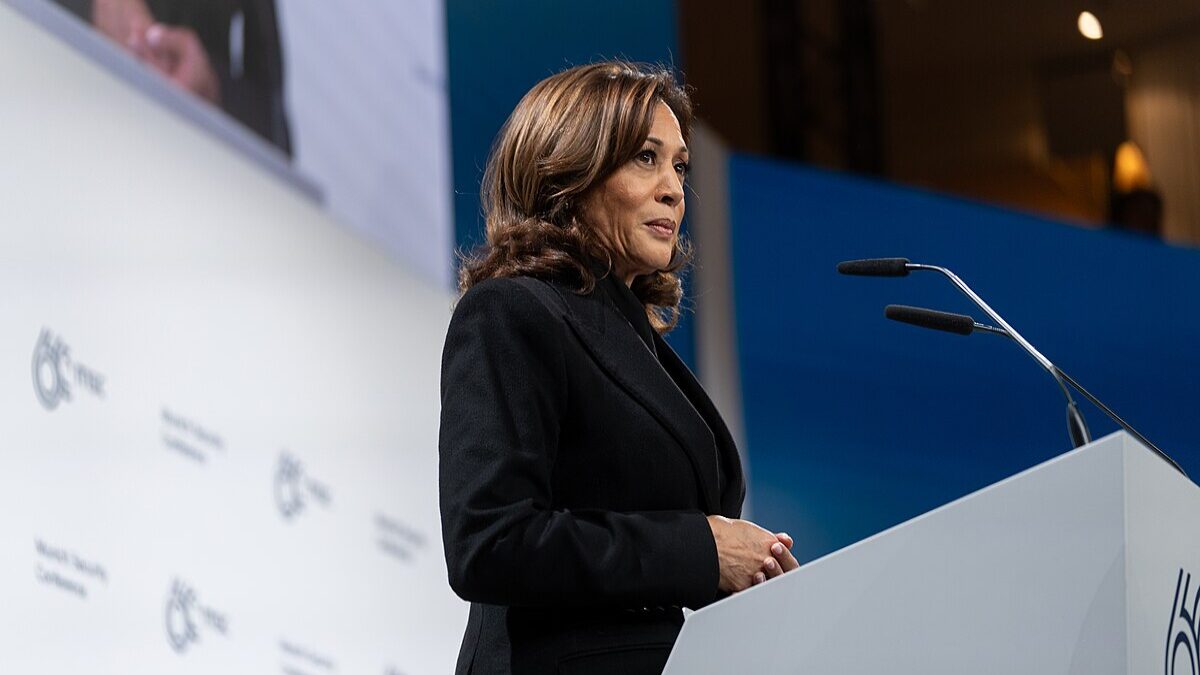Climate zealots and world leaders are gathering at the United Nations’s COP28 climate conference in Dubai this week to discuss how to make ordinary people’s lives miserable in the name of fighting climate change. It is a gathering that is full of ironies.
The United Arab Emirates, host nation and a U.N. member, plans to increase its oil production by 25 percent by 2027. Many wealthy and powerful people descended on Dubai in their gas-guzzling private jets this week. Britain’s Prime Minister Rishi Sunak, Foreign Secretary David Cameron, and King Charles III apparently cared about the climate so much that each jetted to Dubai separately. The only silver lining for conference organizers aiming to keep the conference carbon neutral is that some attendees couldn’t make it to Dubai yet because their private jets had been covered in snow and frozen on the runway at Munich airport.
Among all the climate zealots’ hypocrisies, what bothers me most is their call to drastically cut back meat consumption while they themselves enjoy prime ribs and smash burgers from the conference’s “1.5° C-aligned menu.”
I know a thing or two about being forced to eat less meat. Growing up in communist China, the government imposed a strict food-rationing system that limited individual food consumption every month. We received ration coupons for rice, flour, and meat. With meat coupons, each person could only purchase two pounds of pork monthly. But widespread food shortages meant that the meat counters at grocery stores were often empty. Due to a lack of good sources of protein and nutrition, the average Chinese life expectancy at birth in 1960 was only 44 years.
The Chinese government abolished the food rationing system in 1995 as limited market reform lifted the standard of living. Since then, the Chinese people have enjoyed more nutritious diets, including eating more meat. As of 2021, Chinese people reportedly consumed about 90 million metric tons of meat, twice the U.S. total. Not surprisingly, the average Chinese life span in 2017 was 76 years, a 72 percent increase from 1960. A similar phenomenon has happened in Africa too. According to The Economist, Africans live longer as they eat more meat.
But climate zealots have shown they are more than willing to sacrifice the well-being of ordinary people at the altar of climate change. They are no longer satisfied with declaring war on fossil fuels by shutting down coal plants, forcing people to switch from gas-powered cars to electric vehicles, and paying more for electricity generated from unreliable green energy sources such as solar and wind. The climate zealots now want to regulate people’s dinner plates by declaring war on meat.
A 2021 study from Nature Food Journal claimed that “the global food system generates 18 billion tons of carbon dioxide every year — one-third of total worldwide emissions. Livestock is responsible for about 14.5 percent of global emissions.” Another study published in Nature Communications insists that “going 50 percent vegan would reduce agriculture and land use, cutting greenhouse gas emissions by 31 percent by 2050.” How scientifically accurate these studies’ predictions are is subject to debate. Still, some politicians and activists seized on these studies as scientific proof that people must eat less meat to save the climate.
‘Fart Tax’
The new war on meat is conducted on two fronts: production and consumption. Some governments have tried to restrict meat production through regulations and punitive taxation, aiming to drive farmers out of the meat production business by increasing their cost of operation. What’s happening in New Zealand and the Netherlands is telling. In 2009, New Zealand’s government imposed the so-called “fart tax,” charging farmers to pay a levy on livestock’s methane gas emissions. The government had to abandon the taxation after strong opposition from farmers. But in 2019, then-Prime Minister Jacinda Ardern, a well-known Covid-19 tyrant, reintroduced the measure requiring farmers to pay taxes “on the methane belched out by cows and nitrous oxide emitted mostly through livestock urine.” Ardern resigned from her position at the beginning of this year rather than facing a likely humiliating election defeat.
Last year, the Netherlands government issued even more draconian policies, aiming to cut the agricultural industry’s nitrogen emissions between 12 percent and 95 percent (depending on the region) by 2030. The Wall Street Journal estimates that “roughly 11,200 livestock farms would have to close and 17,600 farmers would have to reduce their herds to meet the emissions targets.” It also means that farmers will be forced to slaughter their livestock on a massive scale to meet the government’s mandate. Government officials warned that farmers who refused to comply might face legal consequences. Fed-up farmers helped conservative Dutch politician Geert Wilders win the nation’s general election last month.
Limiting Meat Consumption
Yet losses at the ballot box haven’t dissuaded politicians and activists from waging their war on meat from another angle: limiting meat consumption. An EAT-Lancet study suggests that “people reduce their daily intake of red meat to less than one ounce per day or less than one 8-ounce hamburger per week, and a maximum of two ounces of poultry per day, or less than a chicken breast per day.” Without limiting meat consumption, the study warns of “continued environmental degradation” and “reduced human life expectancy.” Yet data from the United Nations and World Bank show that average life expectancy has increased as meat consumption has risen.
But climate crusaders won’t let that inconvenient truth get in the way. German Federal Health Minister Karl Lauterbach wants to cut meat consumption by 80 percent, “not only in Germany, but worldwide.” To achieve this drastic cut, he proposed that governments tax meat to make it less affordable and subsidize alt-meat products, even though a study from the University of California, Davis, found that lab-grown meat is up to 25 times worse for the climate than beef.
Thanks to the green crusaders like Lauterbach, Germans today pay almost 50 percent more for electricity than in 2006 while eating less meat. Annual meat consumption per capita in Germany has decreased by nearly nine pounds, the lowest since 1989. Despite the Germans’ sacrifice, the nation has failed to meet its emission reduction goals.
But to the climate zealots, failure only means they must double down on the same policies, never to reflect and reset. Anyone who thinks eating less meat will satisfy climate zealots is wrong. The Climate, Land, Ambition, and Rights Alliance (CLARA) declared that humans don’t just need to eat less meat and dairy to save the planet, they need to eat less overall. But no doubt climate zealots will exempt themselves from mass starvation. The climate zealots also refuse to acknowledge the elephant in the room: None of the climate policies will make much difference as long as China continues to emit more greenhouse gases than all of the world’s other developed nations combined.
As The Wall Street Journal’s Allysia Finley points out, “Climate has become a religion for the global left,” and its ultimate goal “isn’t to reduce carbon emissions or stop global warming. It is to force people to give up material joys and live as ascetics.” History in China has taught us that policies that go against human flourishing are usually bad for the environment too. We can protect our planet through innovation without lowering our standards of living. We must reject climate zealots’ ruinous policies and tell them to keep their hands off our dinner plates.








